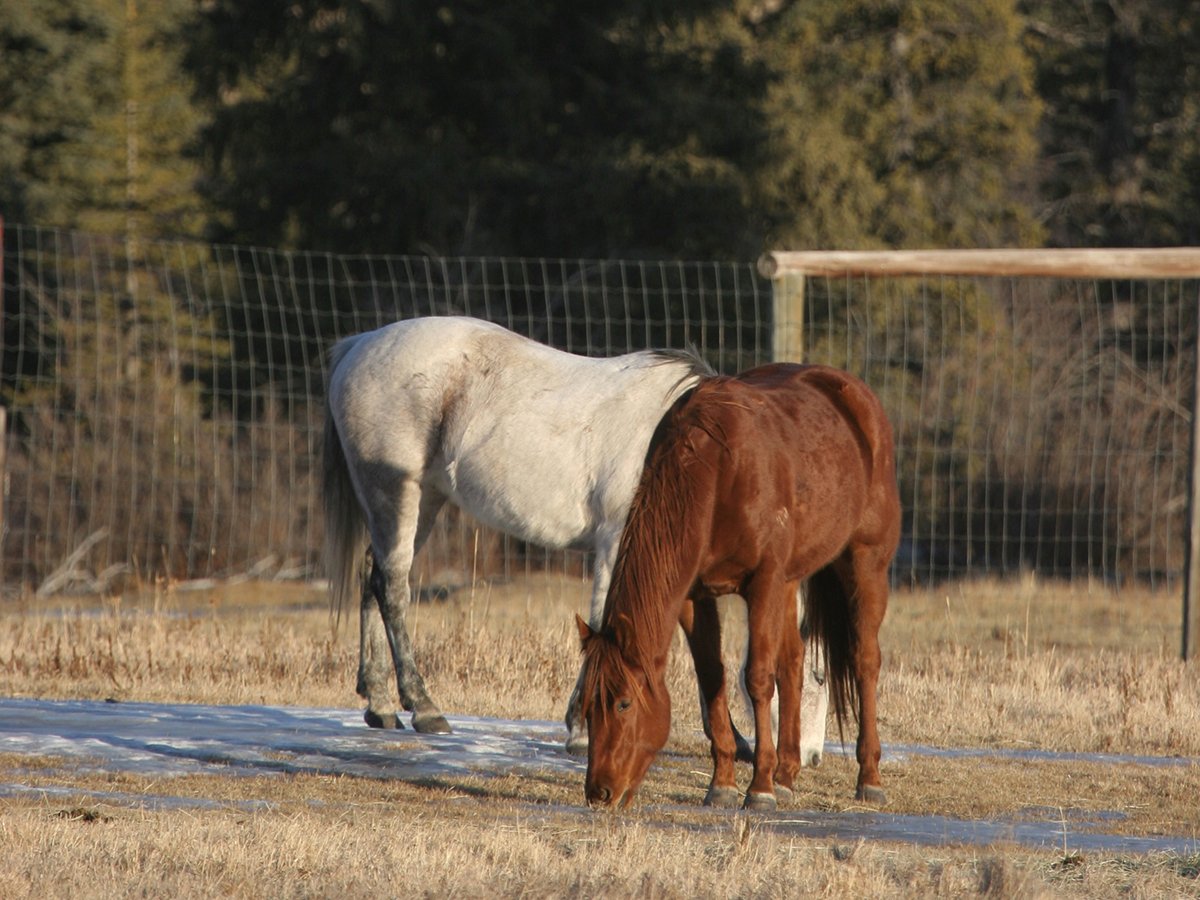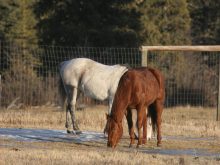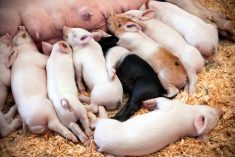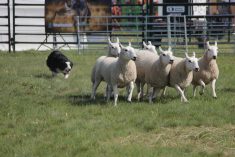Canada’s dairy goat breeders were chasing a golden opportunity a few years ago. They had found tremendous demand for their breeding stock in the United States, Mexico and other countries.
But that opportunity was lost when exports of ruminants were stalled in 2003 by the discovery of BSE in an Alberta cow. According to dairy goat breeder Sandy Larocque, there are no signs that exports of their breeding stock will resume any time soon.
The optimism of a few years ago has been replaced with mounting frustration, she said. Many breeders are cutting the size of their herds.
Read Also

Why selenium is still an important factor in horse health
Selenium is an essential equine trace mineral that supports antioxidant defense, muscle integrity, immune function, metabolism and thyroid activity.
“They’re cutting back dramatically,” said Larocque, who lives at Sifton, Man., and was a leader in the effort to build export demand for Canadian dairy goats.
“There are some people who have gotten out of the industry, but mostly it’s people cutting back and waiting to see what’s going to happen.”
Although the border remains closed to exports of breeding goats, Larocque said the calls from foreign buyers have continued. Some are looking for shipments of hundreds of animals while others want only a couple of quality males to enhance the genetics of their herds.
“If the border was open and a person was to really work at this, you could be exporting all the time,” Larocque said. “This was a tremendous avenue for people who wanted to breed good dairy stock but not get into the dairy themselves.”
Government officials have offered no timeline about when the border might reopen to exports of breeding goats. The needs of the goat industry were overshadowed by the push to get exports of Canadian beef and live cattle restored, said Larocque.
She said it is possible to export embryos and semen, but that is a costly endeavour and few veterinarians are experienced at doing embryo transfers with goats. As well, foreign buyers mainly prefer to buy live animals.
Larocque keeps a herd of more than 20 dairy goats. Despite recent frustrations, she will continue pushing to get the export market restored.














